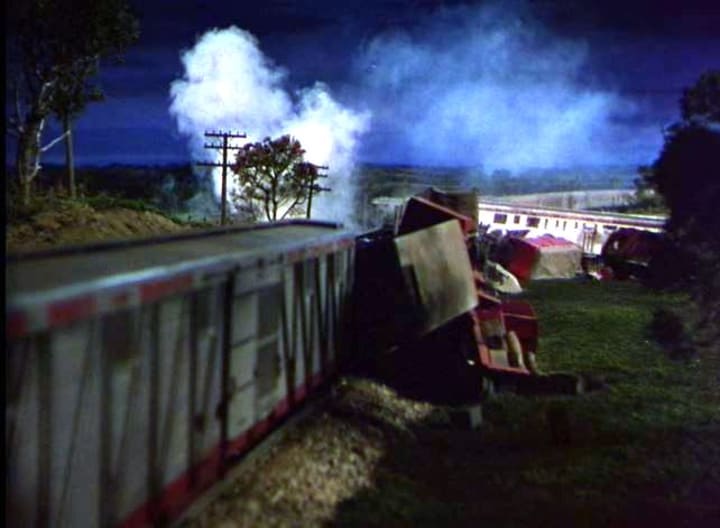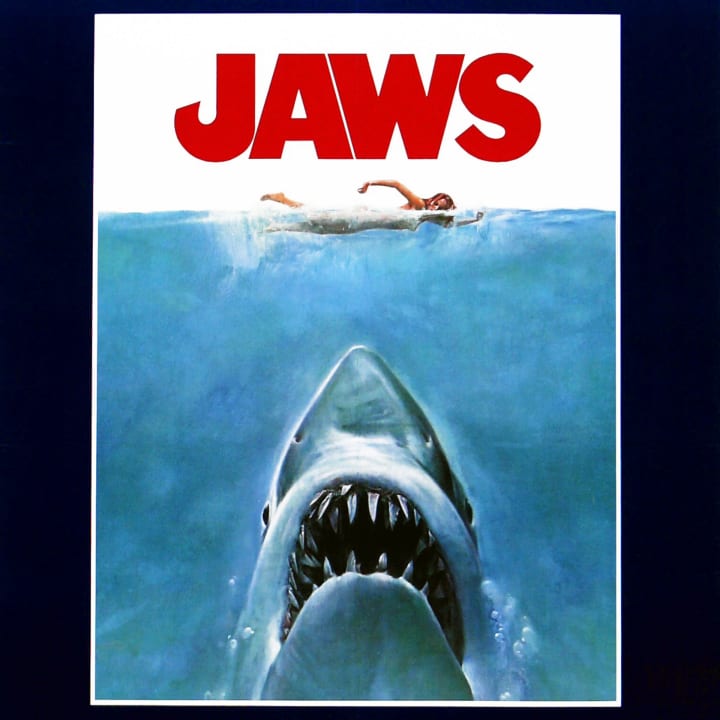‘The Fabelmans’ and the timelessness of cinema
Steven Spielberg’s latest, a modern movie by a classic director, tells us all we need to know about our relationship with the silver screen (spoilers alert)

I really enjoyed ‘The Fabelmans,’ a beautiful, incredibly acted coming-of-age story inspired by the early life of its acclaimed director, Steven Spielberg. It’s a film, not the first of its kind, about a director trying to capture his love of the craft using the medium itself, which I imagine is harder than it sounds. But as a huge film fan, and someone who used to make home movies a lot with my camera as a kid, I really related to it and thought it captured everything about movies that is important to human culture. But, interestingly, it has been released at a time when many people are cynical about the direction of the film industry. Perhaps fuelled by revelations about how sordid an industry it really is, and further plagued by the troubles of the pandemic, people see Hollywood as a machine that churns out rubbish to make money. But I’m just not quite sure that’s true, or ever could be true, and a film like this explains why.
The opening of the movie is based on Spielberg’s real-life first experience of cinema, going to see Cecil B. DeMille’s ‘The Greatest Show on Earth’ and becoming fascinated by the epic train crash scene. The young Sammy (inspired by Spielberg) then becomes obsessed with recreating the train crash and filming it himself, stating he “needs to see them crash,” which baffles his computer-engineer father, but his artist mother readily understands as his need to take control of the situation. His art is his escape.

Now, ‘The Greatest Show on Earth’ was released in 1952. It was, like many of DeMille’s movies, a major blockbuster, with lavish sets, a lengthy running time and an all star cast. Movies like this were events. The end of the studio era in 1948 and the advent of television meant audiences had to be enticed in such a way, and many of these movies fit into what we still refer to today as the golden age of Hollywood. But all things come to an end, and, as explored brilliantly in another director’s movie about movies (Quentin Tarantino’s ‘Once upon a time in Hollywood’), these films stopped being good, and audiences changed. 1964’s ‘The Fall of the Roman Empire’ is one of the biggest flops in movie history, shortly preceding the ‘New Hollywood’ era. Marketing to the younger, counterculture generation produced by the 1960s, movies became more serious fare, containing more graphic depictions of violence, sex and establishment rebellion with titles such as ‘The Graduate,’ ‘Easy Rider’, and ‘Bonnie and Clyde.’ These films weren’t made by studios, but by ‘auteurs’, directors with full artistic control. The many names that made their name in the new Hollywood era include Martin Scorsese, Dennis Hopper, Stanley Kubrick and, yes, Steven Spielberg.
But what’s interesting is that people who will lament the movies of today when compared to the classics of New Hollywood or classical Hollywood are missing the huge artistic shifts that have happened throughout history. And it happened again in the 1980s. The Reagan era saw the popularity of more family friendly, blockbuster movies, like ‘Star Wars’ and ‘Indiana Jones.’ And that’s my point. Steven Spielberg, with films like ‘Jaws’ and ‘ET’ under his belt, is an architect of the modern blockbuster, which was a very different type of movie era. George Lucas, too, went from making films like ‘American Graffiti’ to creating ‘Star Wars’ and ‘Indiana Jones,’ the latter with Spielberg. They aren’t comparable movies. Spielberg’s Wikipedia page describes him as ‘a major figure of the New Hollywood era and pioneer of the modern blockbuster.’ But what these movies have in common is that they’re brilliantly made, and people love them. And, more broadly speaking, what they have in common is that they’re all movies.
What has this got to do with ‘The Fabelmans?’ Well, an ongoing conflict in that movie is that of science vs. art. Sammy’s mother encourages him in his passion, where as his father views it as a hobby. And the fact that the young Sammy realises, through his film-making, the very real breakdown of his parents’ marriage, encourages him that maybe his father’s right after all. But that’s just it. Just because a movie won’t change the world in the way a computer can, it can still change a human heart. It can still provide a channel for communication that nothing else can. And that is why it is important. No matter what it is. Whether its dumb escapism or a work of art, it’s all important. It gives something to somebody that they need. As the film-maker Jean Cocteau once remarked, ‘art is science made clear.’
But where one might see the logic in Sammy’s father’s argument is in the nature of Hollywood as a cynical, money-making machine. New Hollywood didn’t last long until the era of a film like, ‘Jaws,’ for example, with its marketing and wide national release and merchandise, (and let’s not forget the catastrophic effect it had on the reputation of sharks, for which Spielberg has since apologised) all in the name of popcorn fodder (for the record I love ‘Jaws’). Yes, the movie was a ground-breaking success, but did it pave the way for an empty era of films. Is that the era we’re living in today?

Marvel films dominate the box office, and cynics will comment on their similarities and their over-the-top nature. And they’re just the dominant species in a sea of prequels, remakes and reworkings, each with more money and time and castings thrown at them, and all making a machine that produced people like Harvey Weinstein more successful. Has creativity been sacrificed for popularity?
I’m going to have to disagree, despite the persuasiveness of the argument. Interestingly, a film that was acclaimed by all, young and old, cynical and optimistic alike, was last year’s was ‘Top Gun: Maverick,’ which harked back to the eighties but turned it up to eleven, and was, essentially, still a sequel or reworking and nothing original. But it was a hell of a movie in my opinion.
And there have been some great movies recently. I wrote a blog only the other week about some of my recent favourites. And many of the items on my watchlist also consist of recent releases. Some are indie movies. Some are Marvel films. Some might be good and some might not. But they’re all movies, and I’m going to watch them all. And the modern era offers so many positives for movie fans too. With the internet, everyone can share their thoughts on twitter. Everyone can be a critic on their blog or YouTube channel. When I tried to explain why I loved cinema after COVID, something I didn’t touch on, that I only realised when others wrote similar pieces, was that cinema is also a communal experience. I don’t mind going to the cinema on my own but I couldn’t imagine going alone, that reminder, when everyone is invested, that that ability to escape into the art exists in all of us, is very important. And now we can share that more so through modern technology.
Near the end of ‘The Fabelmans,’ Sammy’s tormentor, Logan, is emotionally ripped apart when Sammy paints him in his film as some kind of hero. He is confused about what Sammy’s point was, and upset that the person he saw on the film wasn’t him. And Sammy can’t explain why he did it either. Was it to get him to be nice to him? Was it because it was to make the film better? Did it reflect the Spielberg of the new Hollywood era or the Spielberg of ‘Indiana Jones?’
It doesn’t matter. It is what it is and take from it what you want. And that goes for all movies you see. Whatever they’re about, however original they are, if you enjoy them, you enjoy them. Logan tells Sammy that ‘life is not like the movies,’ but I think everyone already knows that, really. Movies are part of life, and that’s all that matters.
About the Creator
Matty Long
Jack of all trades, master of watching movies. Also particularly fond of tea, pizza, country music, watching football, and travelling.
X: @eardstapa_






Comments
There are no comments for this story
Be the first to respond and start the conversation.